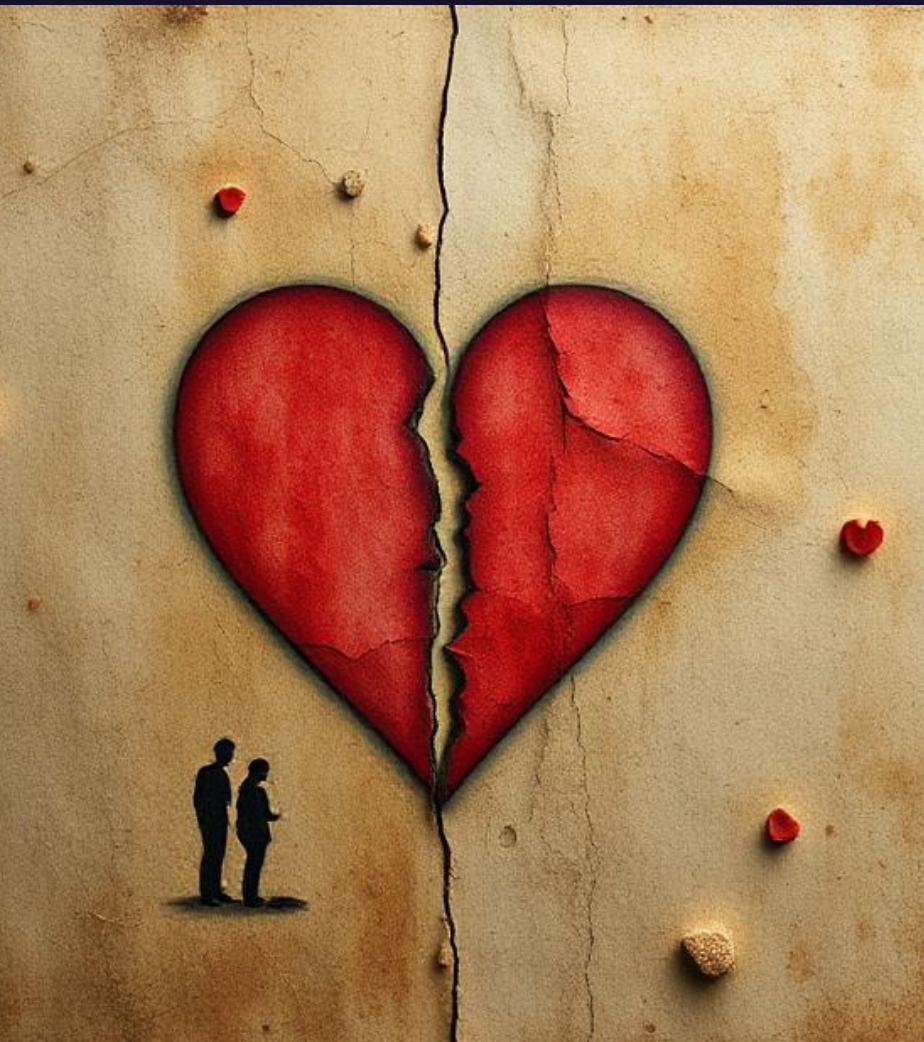
Why Men Get Heartbroken?
The experience of heartbreak is a deeply human phenomenon, transcending gender, yet it manifests uniquely in individuals based on emotional, social, and cultural contexts.
When men feel shattered by a partner’s departure, it often stems from a confluence of vulnerability, attachment, and the silent weight of societal expectations.
To understand this pain is to acknowledge the quiet complexities of love, loss, and identity that shape how men navigate relationships.
When a relationship ends, the heartbreak isn’t merely about losing a person—it’s about losing a shared future, a rhythm of intimacy, and a mirror that reflected one’s worth.
Men, like anyone, invest emotional energy into partnerships: they build routines, confide insecurities, and envision milestones. When a woman leaves, it can feel like a rupture in the narrative they’d constructed, leaving a void where companionship and validation once resided.
This loss isn’t gendered, but societal norms often discourage men from openly processing grief, amplifying the sense of isolation. The pain isn’t weakness; it’s evidence of having dared to care deeply.
Cultural scripts often condition men to tie their self-worth to roles like protector, provider, or problem-solver. A breakup can feel like a personal failure—a blow to their perceived ability to “keep” a relationship thriving.
Unlike women, who are generally encouraged to seek emotional support, men may internalize their anguish, fearing judgment if they admit to feeling “broken.”
This silence can distort heartbreak into shame, making the healing process lonelier. Rationality falters here; even the most self-assured man might grapple with questions like, “Why wasn’t I enough?”—a reflection of outdated ideals, not reality.
Science offers a lens, too. The brain doesn’t distinguish gender when releasing oxytocin during bonding or cortisol during stress. Romantic attachment activates primal neural pathways, making separation physically and emotionally jarring.
For men, whose social circles may prioritize camaraderie over emotional disclosure, the absence of a romantic partner can strip away a primary source of emotional intimacy.
This isn’t fragility—it’s biology clashing with culture. The heart, after all, doesn’t care about stoicism; it aches for connection lost.
Yet heartbreak, while agonizing, isn’t futile. It forces introspection: ‘What did this relationship reveal about my needs, boundaries, or unresolved wounds?’
For men, this reckoning can be transformative, challenging them to redefine strength as the courage to feel, seek support, and rebuild.
The pain of loss is universal, but healing becomes possible when societal narratives expand to honor men’s emotional depth. A broken heart, in time, isn’t just a wound—it’s proof of resilience, a reminder that love’s risk is worth taking again.
In the end, heartbreak is a testament to our capacity to love, not a measure of inadequacy.
For men navigating this terrain, the path forward lies in embracing vulnerability as a quiet strength—one that fosters deeper connections, with others and with themselves.